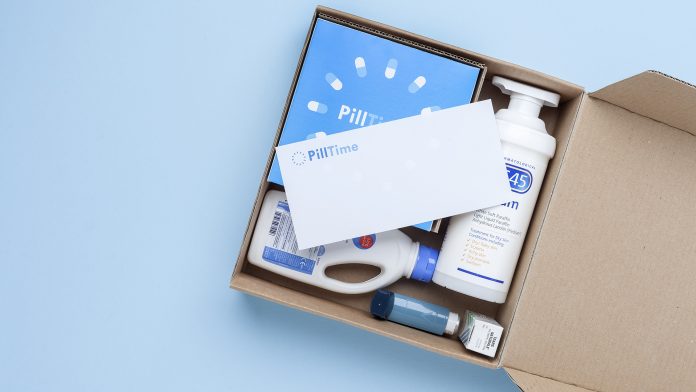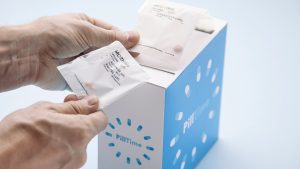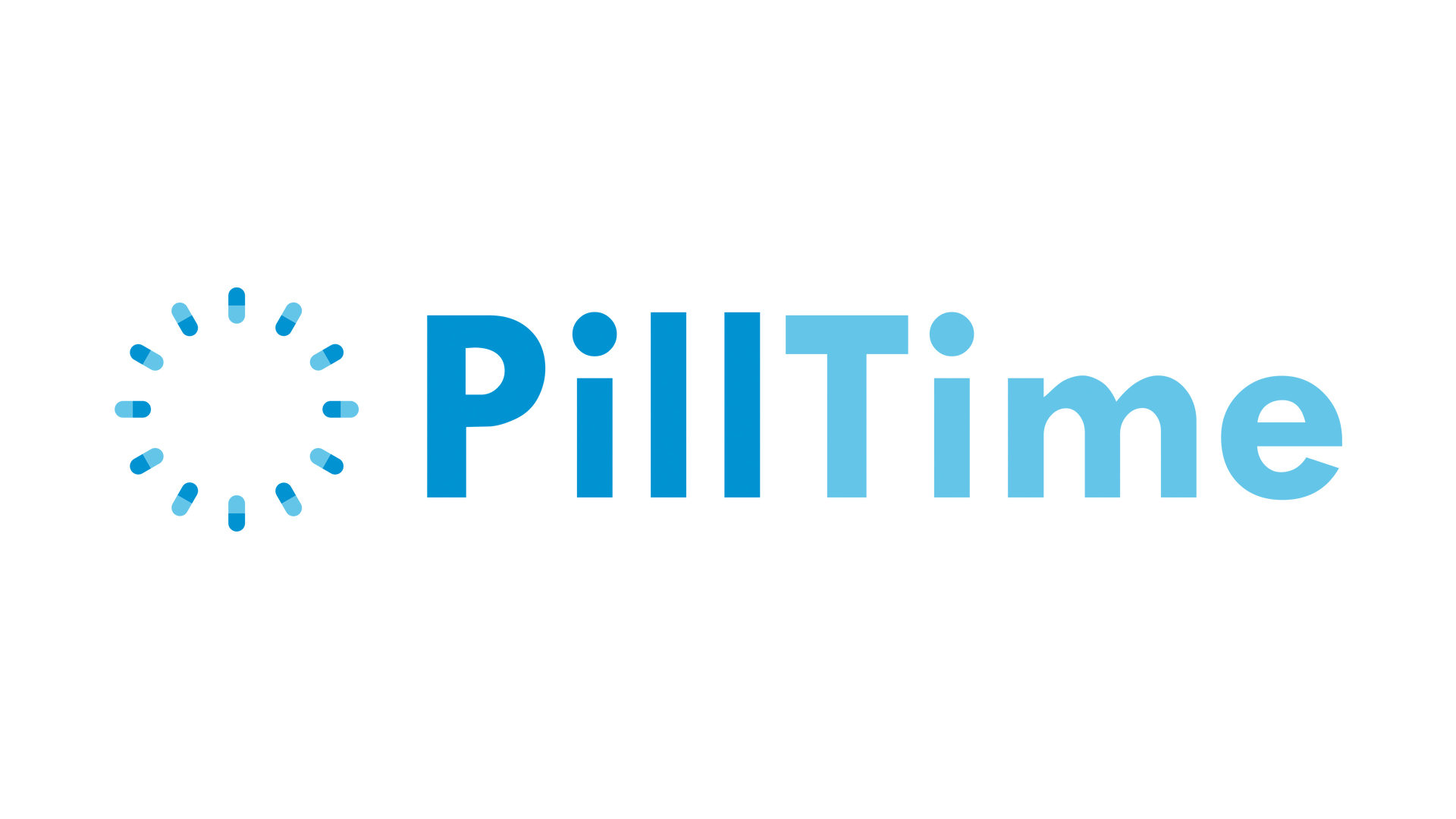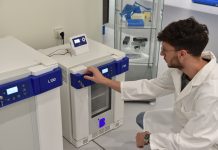
NHS funding is at the forefront of national concern. Discover how PillTime Ltd. facilitates medication management to alleviate mounting pressure on existing resources.
Over 50% of patients are non-adherent to medication
A recent report identified that commonly-prescribed statins are ineffective in around half of all cases. (1) This is not because the prescriptions are inappropriate, but simply because they are not taken properly. Statins are prescribed to reduce cholesterol and lower the risk of heart attack and stroke. These are dangerous complications that can, in some cases, be avoided by proper medication adherence.
These findings can be extrapolated throughout the population. In line with the Statins report, research shows that over 50% of people take their medication incorrectly. (2) This statistic grows higher the older the patient and the more medications they require, meaning that often, those most at risk are the least able to manage their own conditions.
Medication non-adherence: a drain on NHS funding
Better medication management could drive NHS efficiencies on a revolutionary scale and effectively utilise NHS funding. Medication adherence is often overlooked but is costly to the NHS.
Wasted medication alone costs the NHS over £300 million every year. (2) This accounts for only the unused medication. This does not begin to address the price of extra resources. Reduced patient health leads to increased GP appointments and hospital admissions.
The avoidable costs relating to this are perpetual. Extra scanning, testing and treatment costs arise as a direct result of non-adherence. The NHS can’t sustain these avoidable burdens. As we take on the NHS’s Long-Term Plan, it’s imperative that we tackle adherence in a holistic way.
Better medication management with PillTime
PillTime was founded in 2016 by award-winning Pharmacist Paul Mayberry. When helping patients in the community, Paul grew concerned about patients’ ability to manage their own doses, even with the help of traditional compliance aids. Paul sought a simpler solution to medication management.
What he came up with: organised medication pouches that are created by robots, and delivered to patients’ doors, for free.
This conception was based on simplicity and ease of use. No fuss, no hassle and no confusion. With thirty years of industry knowledge under his belt, he knew that the best way to achieve this was through technology.
When organising a lot of medication, it can be easy to make mistakes. However, modern dispensing technology removes the risk of human error to ensure that medication is accurate. PillTime harnesses the latest robotic technology to dispense medication into clearly labelled, dose-specific pouches. The robots are programmed to follow the prescription instructions, as advised by the patient’s doctor. These tailored pouches are dispensed on a roll, in the order they need to be taken, so it’s easy to see exactly what needs to be taken and when.
Greater support for self-administration
The PillTime method of medication dispensing takes the pressure off patients and carers to organise doses. Each pouch is clearly labelled with a full dose description, that includes the patient’s name, the date and time of dose and a description of each pill inside the pouch. With such tailored descriptions and full visibility over every dose, patients know exactly what needs to be taken and when.
A personalised solution to improve adherence
For optimal uptake, medication should fit seamlessly into someone’s routine. The NHS Long Term Plan emphasises the importance of personalised care, urging professionals to consider ‘what matters to someone’ as well as ‘what’s the matter with someone’. (3)
PillTime is a personalised solution that allows patients to take their medication on the go. It’s inconvenient to carry multiple medication boxes around, and this can act as a barrier to adherence. The PillTime pouch contains everything a patient needs for one dose and can easily be taken on the go; whether at a coffee date, in a business meeting, or on a trip away. Patients need only tear off the pouches required, and the next dose will be waiting for them when they return home.

Educating patients about adherence
In a recent trial with Salford Royal Foundation Trust, nursing staff used PillTime pouches to aid medication management on ward. Saving 87 minutes a day with the PillTime method, staff had more time to spend with patents, and could thus provide guidance on self-administration.
“The time saving has also allowed to provide advice to patients on medication usage and also more personal engagement with them.”
Nurse Earl Thomas, The Limes
“With the clear information on the pouches, it has also raised awareness of medication that could potentially have been missed.”
Nurse Nadine Keats, Pendleton Suite
The PillTime method addresses patient adherence at every level of their medication needs. It fosters better education and awareness of the issue. With PillTime, patient adherence improves dramatically, thereby supporting patient health and reducing escalating costs.
References
- https://www.bbc.co.uk/news/health-48313942
- https://doi.org/10.1136/bmj.c6799
- https://www.longtermplan.nhs.uk/online-version/chapter-1-a-new-service-model-for-the-21st-century/3-people-will-get-more-control-over-their-own-health-and-more-personalised-care-when-they-need-it/







